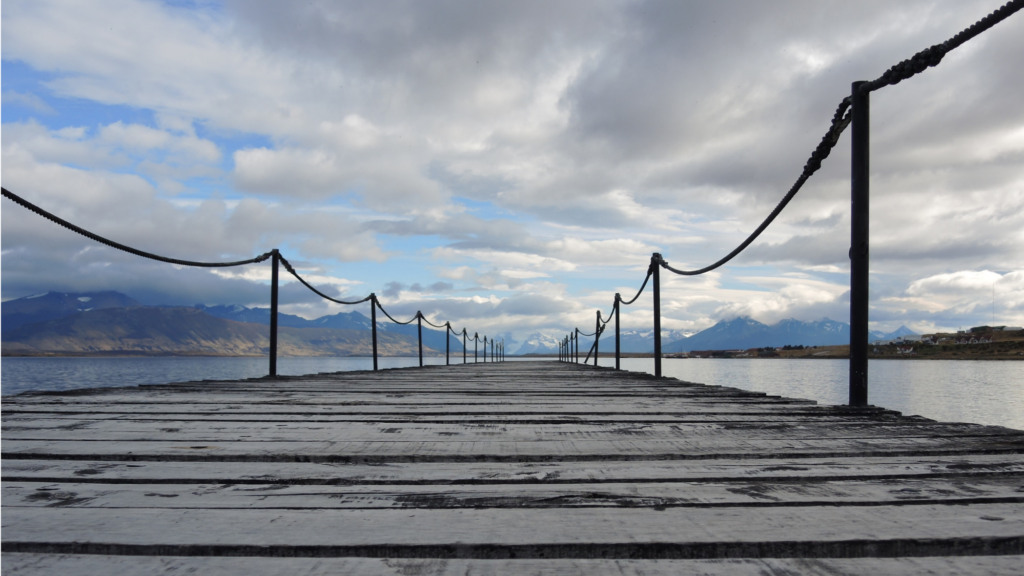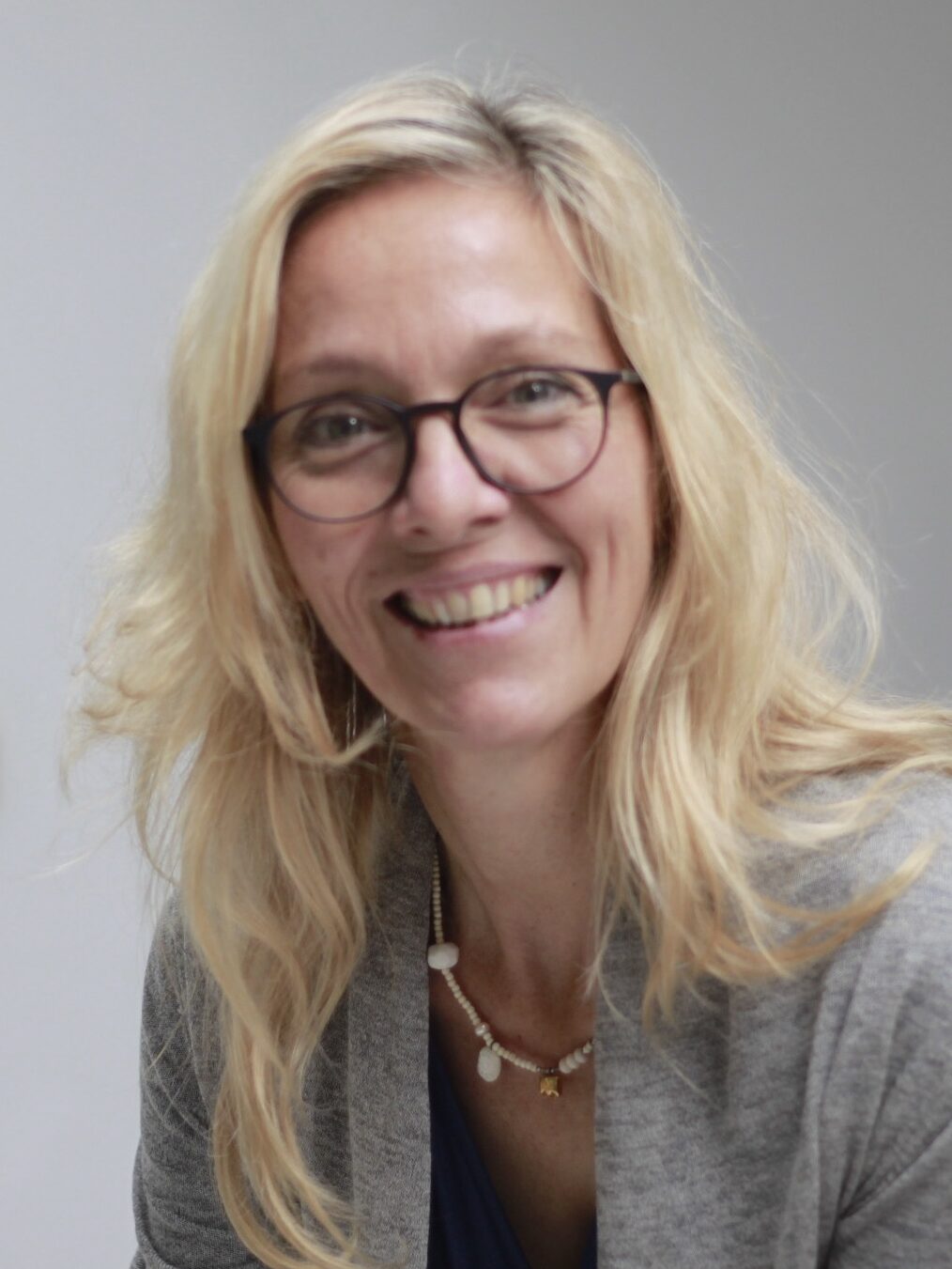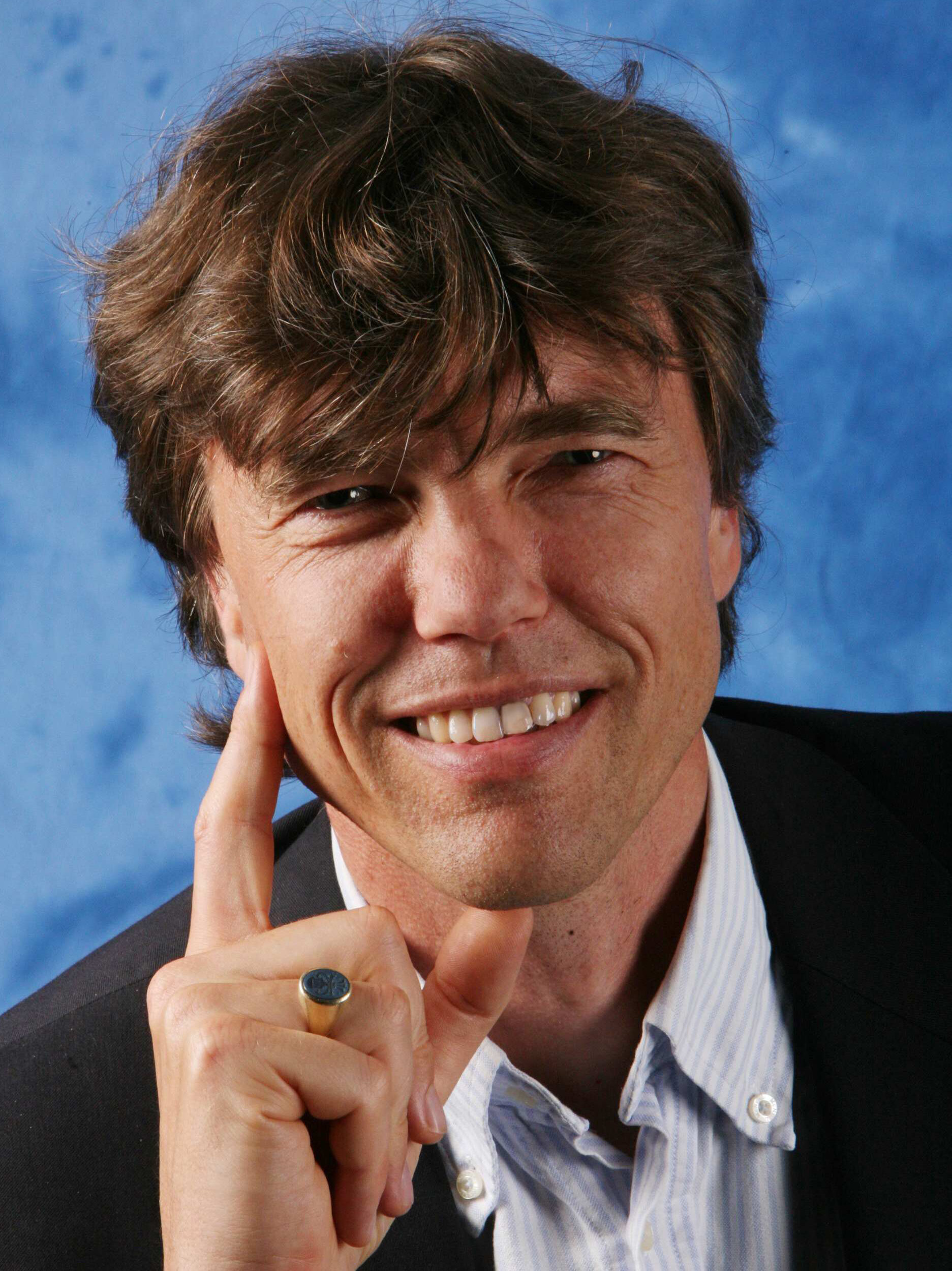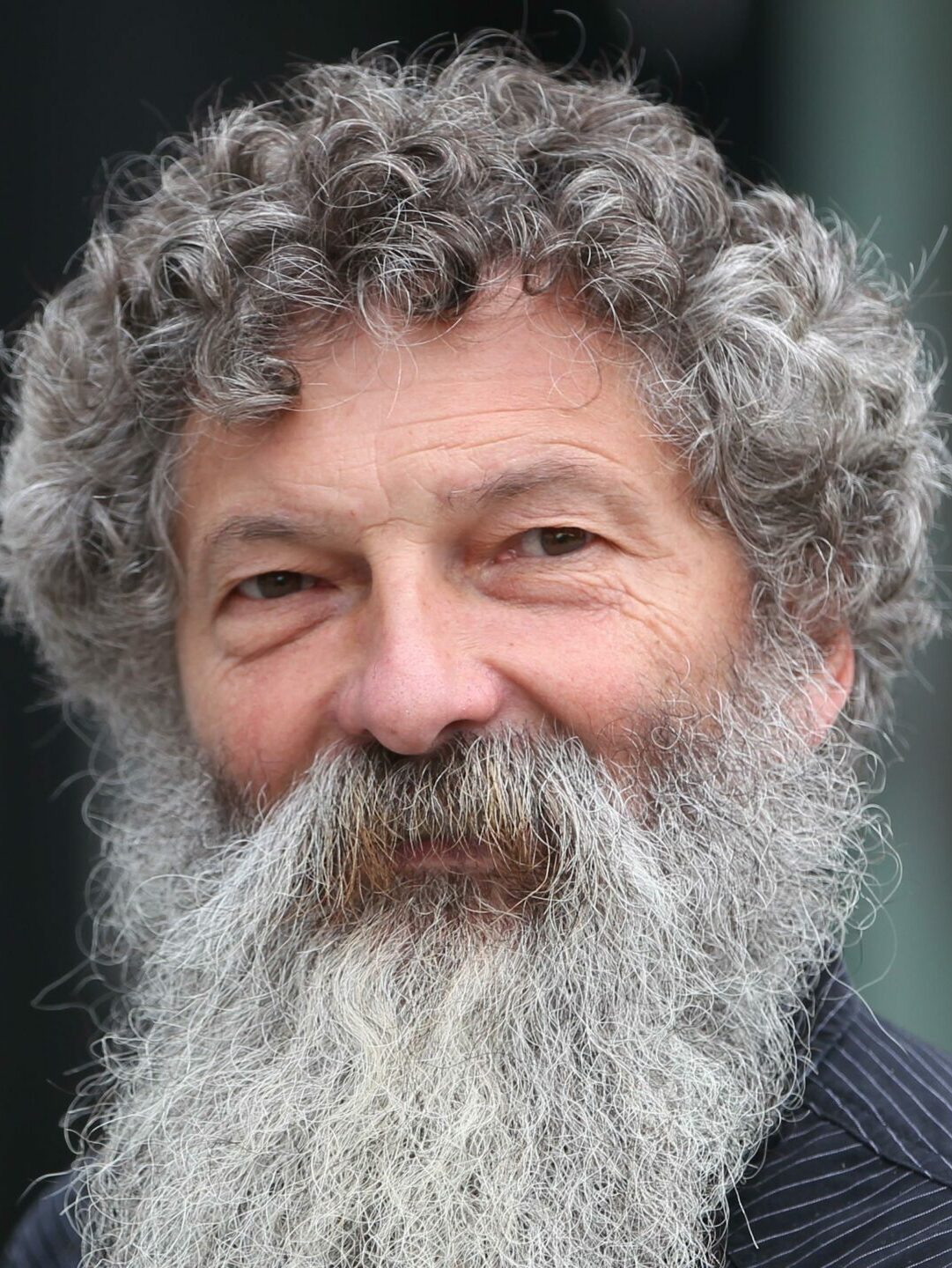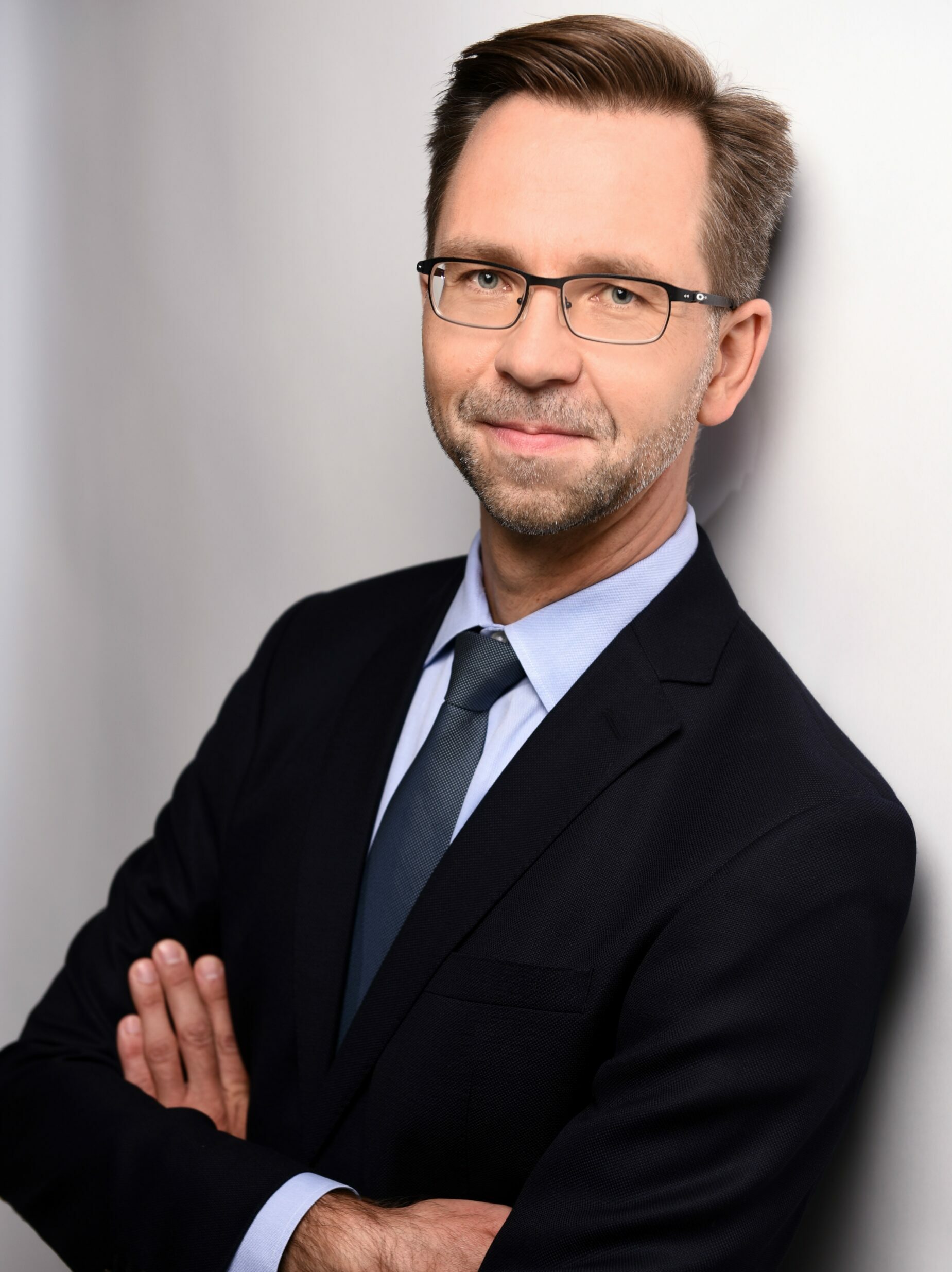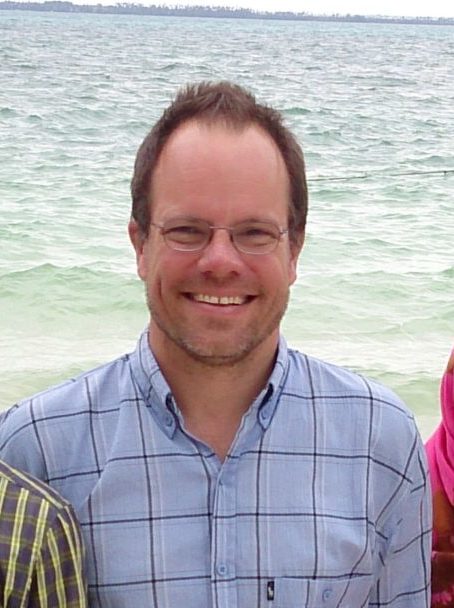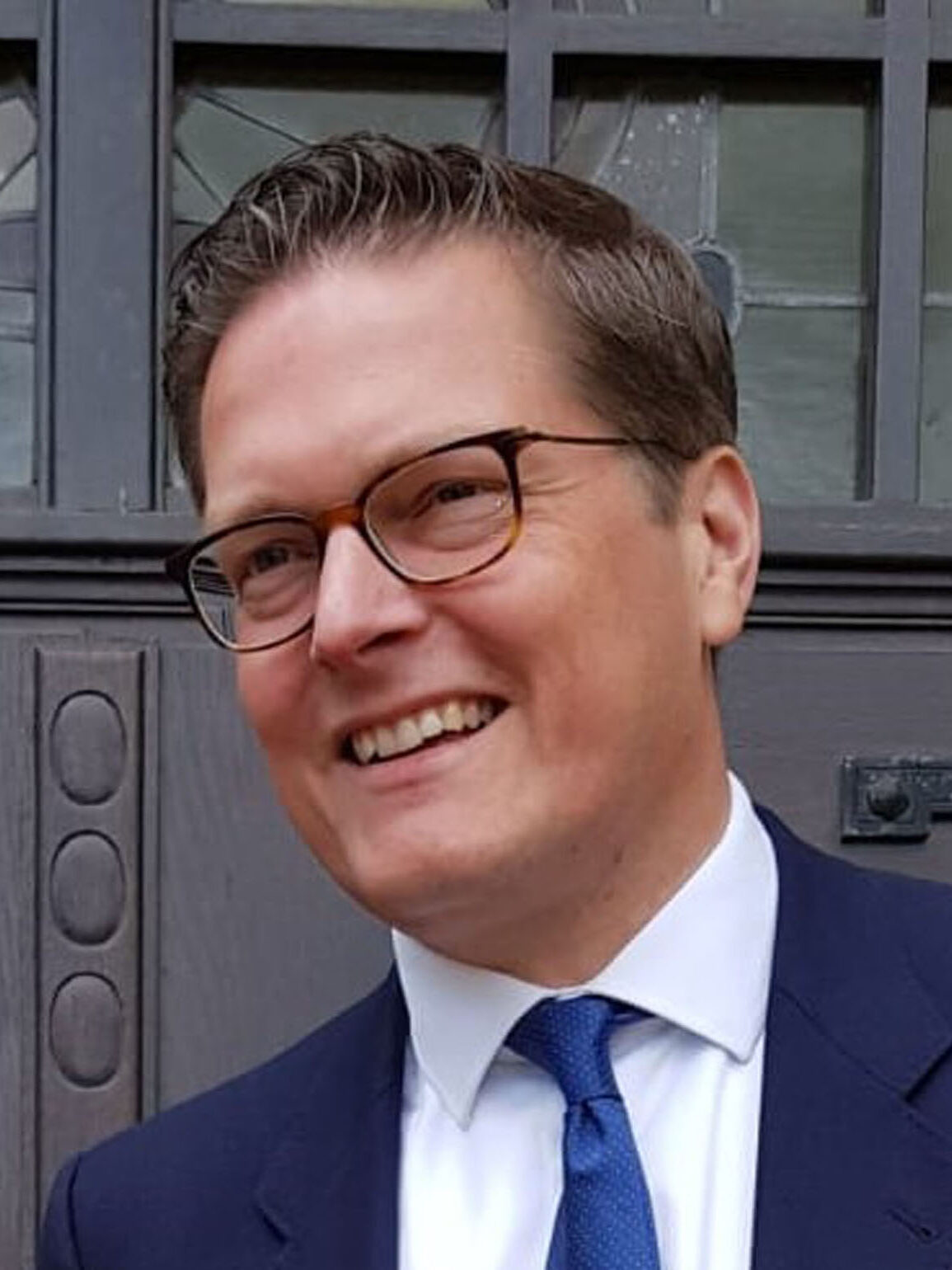Deputy of the Strategy Group:: Marine Protected Areas I Multi-use
Research interests:
- Coastal ecology
- Global marine research
- Long-term data series Helgoland and Sylt Reede, Wadden Sea
- Long-term ecological changes in the North Sea
Prof. Karen Wiltshire is the Deputy Director of the Alfred Wegener Institute, Helmholtz Centre for Polar and Marine Research (AWI) and Director of the AWI sites on Helgoland and Sylt. She teaches Shelf Sea Ecology at the Kiel University.
Born in Ireland in 1962, Karen Wiltshire completed her master’s degree in environmental science at Trinity College, Dublin, in 1986. She then moved to the University of Hamburg, where she received her PhD in hydrobiology in 1992 and later also completed her habilitation. She worked as a scientist at GKSS (now HEREON) from 1987-1994 and at the University of St Andrews in Scotland from 1994 to 1997. She then accepted a research and teaching position at the Max Planck Institute for Evolutionary Biology in Plön and was an associate researcher at the University of Groningen in the Netherlands. Karen Wiltshire has been researching and working at the AWI since 2001.
Born in Ireland in 1962, Karen Wiltshire completed her Master's degree in Environmental Science at Trinity College, Dublin, in 1986. She then moved to the University of Hamburg, where she received her PhD in hydrobiology in 1992 and later also completed her habilitation. She worked as a scientist at GKSS (now HEREON) from 1987-1994 and at the University of St Andrews in Scotland from 1994 to 1997. She then took up a research and teaching position at the Max Planck Institute for Evolutionary Biology in Plön and was an associate researcher at the University of Groningen in the Netherlands. Karen Wiltshire has been researching and working at the AWI since 2001.
